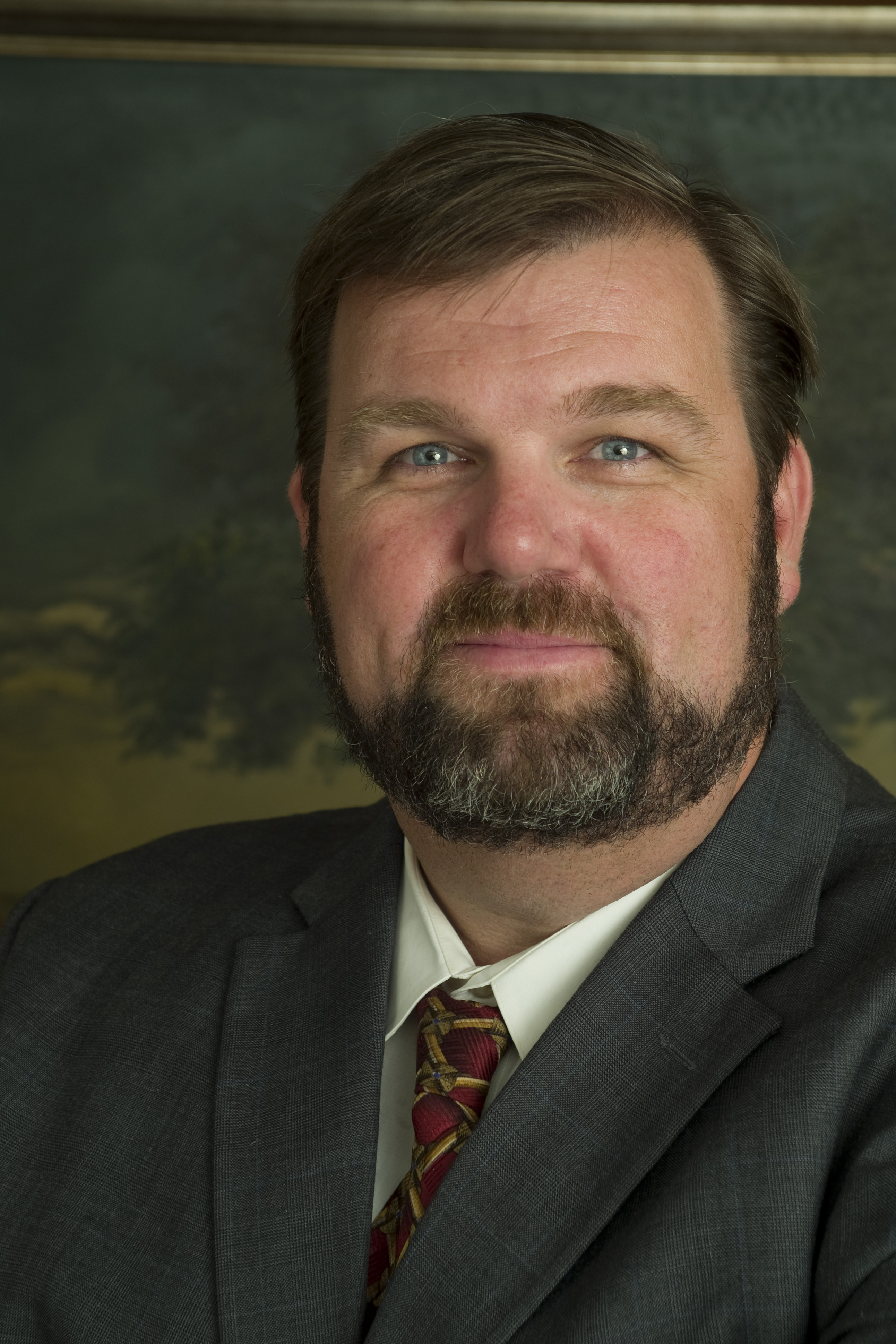Health care cuts are coming.
For long term care providers, the cuts may be the least of it.
No one in national politics says that health care’s status quo is okay. President Obama, already having successfully defended the Affordable Care Act at the Supreme Court, is defending it in his campaign. Mitt Romney has promised to repeal the reforms, but his running mate, Rep. Paul Ryan (R-Wis.), is the author of a plan that would fundamentally change Medicare.
It has been years since health care has taken on such weight in a national election. For providers, the November elections are an opportunity to make their case that they can deliver quality health care efficiently.
What’s At Stake
But the election also presents great risks. Few industries are as vulnerable to unintended consequences. And few issues are as complex as health care delivery and distribution.
“Regardless of who wins, reality has got to be faced,” says Steve Monroe, a partner and analyst who covers long term care issues at Irving Levin Associates. “Nobody is going to be opening up the purse strings, because that’s just suicide on top of suicide.”
That’s not to say that the elections don’t matter. Experts Provider talked to said that if Romney wins the presidency, it’s likely the Republicans will have the Senate, because the swing states are also electing senators.
That means that, under a Romney presidency, Obamacare is a dead letter, observers say. Even if Romney doesn’t have a friendly Senate, he won’t have to have an outright repeal to kill Obama- care. He can undermine it through executive orders, observers say.
If Obama wins (which again, means that the Democrats will likely control the Senate), he’ll have more leverage to expand his reforms. That doesn’t mean that Obamacare will be implemented, as-is. Even now, experts say, the administration is considering ways to define “full-time” employees for the purposes of the health care reforms. The administration could still set a high threshold of worker hours before requiring employers to provide health insurance. That would bring enormous relief to a lot of businesses—but especially long term care providers, who typically see high employee turnover.
Change Inevitable
Still, changes are underway no matter who wins. “The population is changing,” says J. Emmett Reed, CAE, executive director of the Florida Health Care Association. “There are going to be significant changes in the business model no matter what. Either we’re going to have to bring more money into the system or manage the money that’s already in the system better.”

Legislators and policy makers are already rethinking payment models for skilled nursing facilities, says Gov. Mark Parkinson, president and chief executive officer (CEO) of the American Health Care Association.
“Congress has not enacted major reform, but state-directed managed care and [the Centers for Medicare & Medicaid Services] demonstration projects are changing the way we are paid,” he says in an e-mail. “The common themes through the changes are an emphasis on outcomes, care coordination throughout the continuum, and increasing pressures to take money out of the system. We will continue to see these changes regardless of who wins the presidential election or who controls Congress.”
“Either way you look at it, there are cuts to Medicare funding,” Reed says. “So our folks are fearful of the future.”
Strife Within Parties
It’s not just that there are uncertainties as regards the two parties. There are intra-party upheavals, especially in the Republican Party, that make it difficult for providers to gauge what’s coming.
In Kansas, considered a safe Republican vote in the national elections, Tea Party enthusiasts have purged the state GOP of anyone even suspected of liberal tendencies, including state Senate President Steve Morris. Morris claimed he was an indirect victim of Obamacare, blaming his defeat on a series of ads sponsored by the right-wing Koch brothers, David and Charles.
“They tried to tie our folks to President Obama even though we had nothing to do with him,” Morris told HuffPost after his loss. “They said we all supported Obamacare, and that’s not true.”

True or not, Morris and several moderate Republicans are looking for work, and the state legislature is now in the hands of people who are unlikely to smile on efforts to expand social spending. “It’s effective,” Morris said of the advertising that brought him down.
A similar Tea Party uprising also claimed longtime Republican, Florida Rep. Cliff Stearns.
“He was a champion, and he understood,” Reed says of Stearns. “Now the whole re-education process begins again. There’s no doubt it’s an uphill battle.”
Two other congressmen long regarded as friends of long term care are also in trouble, although not for the idealogical reasons that torpedoed Stearns.
In Iowa, veteran Republican Rep. Tom Latham is in a tough race against Democratic Rep. Leonard Boswell. In Ohio, Rep. Jim Renacci, a Republican, is trying to beat Rep. Betty Sutton, a Democrat. Both races have become acute because redistricting has pitted two sets of incumbents against one another (
see sidebar).
That’s not to say that either Boswell or Sutton is an enemy of long term care. But the uncertainty over the seats makes it difficult for long term care providers to decide how to approach their lobbying, says Iowa Health Care Association (IHCA) Executive Director Steve Ackerson.
“Everybody right now is in a wait-and-see attitude,” he says. “Nobody wants to go ahead with anything until they know who the next president is.” Complicating matters in Iowa, the state is in the midst of rebasing its Medicaid spending, Ackerson says. IHCA has already held 90 events with the state’s incumbents and their challengers, hoping to get their message across.
“It’s a continuing education with legislators,” Ackerson says. “They just sit there and look at you and say, ‘I had no idea this was how things are.’”
Deborah Petrine is founder, president, and CEO of Commonwealth Care, which runs 12 skilled nursing facilities in Virginia, another swing state.
“For us in the long term care industry, there is so much change right now,” she says.
“I see it as a real opportunity. But it’s also a big challenge. And part of the challenge is getting your arms around it.”
Medicare, Medicaid, And More
Medicare cuts—even prospective ones—are a frontal challenge to providers, says University of Illinois Law Professor Richard Kaplan.
“Medicaid has been squeezing them for 20 years,” he says of providers. “Now, you have another one of those big players saying we’re going to cut our fees, too. That’s just going to put more pressure on health care providers to have more paying patients.”
“They’re getting zapped at both ends,” Kaplan says. “Their reimbursement rates are getting lower, and their costs are getting higher.”
The problem for providers, Kaplan says, is that while health care is a prominent issue in this year’s elections, it’s not the only one. “It probably doesn’t have the salience to determine votes of people under
age 65, and that’s the vast majority of the electorate,” he says.
This could have been different.
When the Supreme Court surprised the political world by upholding Obama-care, it seemed that the November elections would become a referendum on health care policy. Romney claimed that he raised more than $100 million in the aftermath of the Supreme Court’s decision.
Then Romney picked Rep. Paul Ryan (R-Wis.) as his running mate. As the author of his own Medicare reform package, Ryan instantly became a target of Democratic ads, especially in states such as Florida.
Other Issues Bear Weight
But
other matters have pressed in on the election. When Republican Rep. Todd Akin (R-Mo.) told a Missouri news program that he didn’t think women could get pregnant from “legitimate rape,” it dominated the news cycle for three days, just ahead of the Republican convention.
Then there are local problems that feel every bit as pressing. “Lawmakers—yes, they’re thinking about Medicaid and Medicare,” Florida’s Reed says, “but they’re also thinking about farms and roads and jobs for their areas.”
More than two-thirds of Iowa is suffering from drought, for instance, Ackerson says. “Iowans are going to look at who’s going to look at my needs, who has the most leverage?”

Things are a little different in Ohio, says Peter Van Runkle, executive director of the Ohio Health Care Association. “I think the issues are more global. Democrats in Ohio are going to identify with Obama’s positions, Republicans with Romney’s and Boehner’s,” Van Runkle says, referring to House Speaker John Boehner (R-Ohio).
That still may make it difficult to get the kind of attention providers want and need, Van Runkle adds. “Legislators will listen to what we have to say, but clearly our issues aren’t going to drive the outcomes of the elections,” he says.
Kaplan says that older voters have more clout in the primaries, “because they turn out to vote.” But “in so many of these elections, the November elections are almost beside the point,” he says.
Parkinson says that most of Washington’s leaders are focused on the national debt. “That means that even our allies are challenging us to find ways to save money,” he says.
The Provider Argument
But that doesn’t mean that hope is lost, because providers have a good argument to make, Parkinson says. “The very good news is that we are a huge part of the answer to cutting state and federal spending, because we are the most efficient, high-quality provider to take care of the elderly and those who need rehabilitation,” he says. “We are not the problem. We are the solution.”
So how do long term care providers get their message across amidst the cacophony of a national election? Reed says that the answer lies within.
“I think that no matter who is leading the charge … it’s got to come from the nursing home owners,” he
says. “They have to become political advocates and politically involved as never before.”
The message will take care of itself, Reed says.
“If you provide excellent care,” he says, “then you’ve got a great story to tell.”